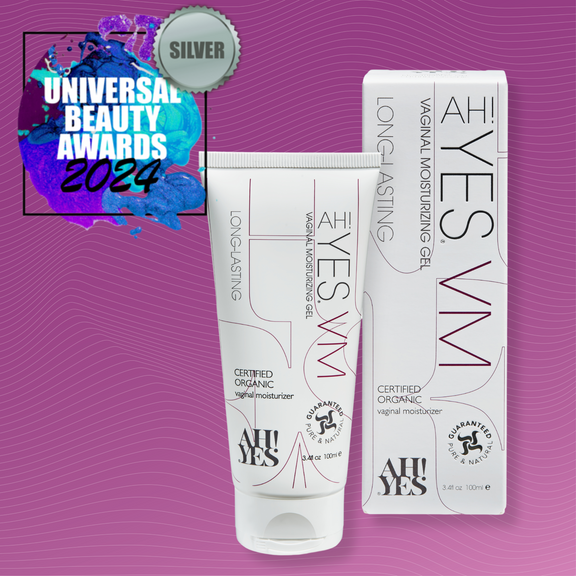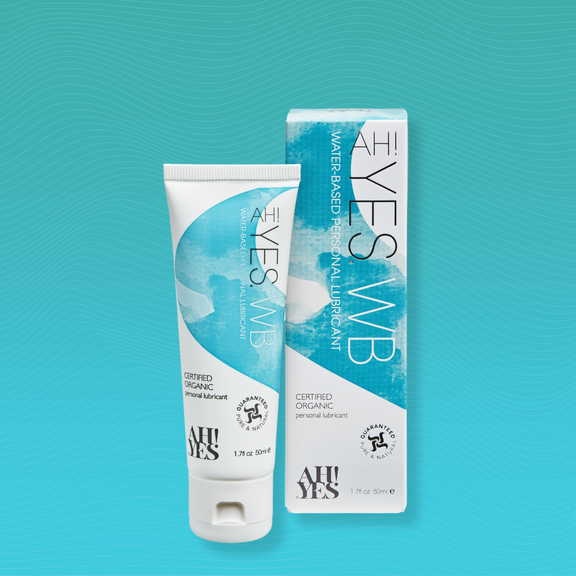Lichen Sclerosus – All Of Your Questions Answered
Lichen Sclerosus
During the year we attend many medical conferences where Health Care Professionals tell us that Lichen Sclerosus is a fairly common condition amongst their female patients. However, like many intimate health conditions it’s not an easy subject to talk about.
It is most important if you experience vulval itching, soreness, splitting or changes to the way your vulva looks, to go to your GP as soon as possible. If your symptoms don’t improve, or you think you may not have received a correct diagnosis, seek a second opinion in the practice, or ask to be referred to a specialist vulval dermatologist.

What is Lichen Sclerosus?
Lichen Sclerosus is a chronic inflammatory skin condition that most commonly affects the genital area – the vulva and anus in women, as well as the penis tip and foreskin in men. Children can be affected, though those most susceptible are girls before puberty. It is estimated to affect up to 3% of the adult female population..
The commonest symptoms are itching, pain, tearing/cracking of the skin and painful sex.
Signs include changes in the appearance and sensations of the genital skin
- White, itchy patches on the skin
- Patches of skin that can be easily damaged (they may bleed or hurt if rubbed or scratched)
- Bruising of the vulva
- The skin of the vulva or anus may turn very pale and shiny, becoming either fragile and thin and tight, or scarred and thickened. This can lead to skin splitting
Lack of treatment over several months or years can cause the skin of the vulva to scar and shrink, which in severe cases can lead to the fusion of the labia.
Getting help
The condition should be diagnosed by a doctor such as a GP or hospital specialist, for example a dermatologist or gynecologist. We would avoid self-diagnosis and treatment.
The condition can be misdiagnosed. Patients with the symptoms outlined above should have a history taken and an examination by a qualified health professional who is able to make a diagnosis. A small skin sample may need to be taken and examined under a microscope to confirm the diagnosis.
What causes Lichen Sclerosus?
The exact cause of Lichen Sclerosus is unknown. Lichen Sclerosus manifests itself as a dermatological condition and can also appear on skin that has been damaged from a previous injury.
How can Lichen Sclerosus be treated?
Effective treatment is with the regular application of strong steroid ointments (to suppress the skin inflammation), emollients (to keep the skin hydrated and act as a barrier) and good skincare (to avoid irritation by, for example, feminine hygiene products, wet wipes, talcum powder etc.). Approximately 8 out of 10 patients have an excellent response to this approach.
The long-term use of topical steroids on an intermittent basis can maintain symptom control in most women without causing side effects.
There is a small cancer risk but this is low, affecting approximately 3% of women who have had lichen sclerosus over many years.
One of the most troublesome symptoms of LS can be intense vulva itching, and according to our customers, AH! YES products can offer them soothing relief from this distressing symptom.
While the primary treatment is the use of a strong steroid, AH! YES products can provide a secondary source of help. Many of our customers with Lichen Sclerosus report the benefits they have experienced from using AH! YES natural lubricants, moisturizers and washes, as the products work to calm, moisturize and lubricate sensitive tissues.
“Diagnosed with Lichen Sclerosus I felt my life was over, so painful could hardly walk. Thank goodness I found your website I am fine now forget all pain, not there. Life is good again only wish that all women with this problem find you. Thank you for this wonderful product” – 16th Aug 2018.

How can AH! YES support your self-care routine?
Sex can become painful with LS as the vulval skin can tighten and make penetration uncomfortable, so the use of a natural lubricant can enable lovemaking without discomfort.
The majority of our customers recommend using AH! YES OB plant-oil based lubricant for Lichen Sclerosus, due to the long-lasting, soothing properties. It works as an ideal natural alternative to conventional barrier creams and petroleum products such as Vaseline.
AH! YES VM is a daily use vaginal moisturizer that is designed to help alleviate discomfort, itching, burning and irritation. Like AH! YES WB, it is a water-based and pH matched translucent gel that is bio-adhesive to allow it to soothe damaged tissues and release moisture where needed while avoiding any unpleasant ‘fall-out’ of some other brands.
AH! YES products can be used alongside steroid treatment. However, if you are using a steroid cream, we recommend that you wait at least 12 hours before applying our products.
Washing can be difficult for those living with Lichen Sclerosus, and so using soap should be avoided. The British Association of Dermatologists recommend using an emollient soap or cream as a substitute. One natural alternative to also consider is AH! YES CLEANSE. This intimate foam wash is sensitively formulated with natural ingredients and is pH-matched to the vagina, so it protects rather than disrupts the vaginal environment. To use, simply apply the soft foam to damp skin with a hand or sponge and then gently rinse.
Where can I get more information about Lichen Sclerosus?
Awareness of Lichen Sclerosus is increasing which means that there are now more support groups and resources available than ever. Take a look through the links below for more information:





